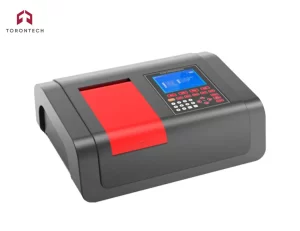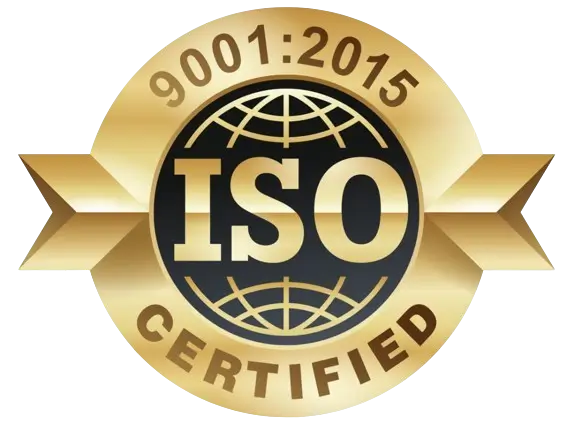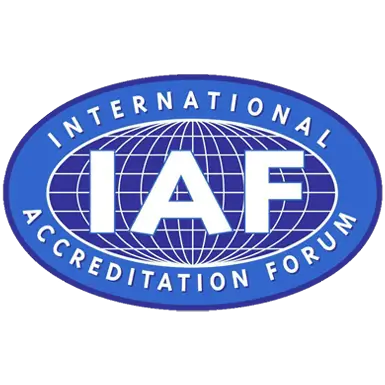UV-VIS Spectrometer
UV-VIS Spectrometer TT-1840
UV-VIS Spectrometer TT-1840 adheres to the ASTM D1840 Standard Test Method for Naphthalene Hydrocarbons in Aviation Turbine Fuels by Ultraviolet Spectrophotometry.
This testing procedure for naphthalene hydrocarbons is part of a set of tests used to evaluate the combustion properties of aviation turbine fuels within the kerosene boiling range. The determination of naphthalene hydrocarbon content is crucial because naphthalenes, upon combustion, tend to contribute more significantly to a sooty flame, smoke, and thermal radiation compared to single-ring aromatics.
UV-VIS Spectrometer TT-1840 has been successfully implemented to meet stringent requirements for high accuracy and reliable measurements, catering to various applications in biological research, the bio-industry, pharmaceutical analysis, pharmaceuticals, teaching and research, environmental protection, food hygiene, clinical examination, health, epidemic prevention, and other fields.
It offers a wide wavelength range to accommodate diverse field requirements. The spectral bandwidth can be customized to 5nm, 4nm, 2nm, 1nm, or 0.5nm, meeting the stringent demands of pharmacopeial standards.
The automatic design ensures simplicity in measurement procedures, while the LSI design significantly enhances system scalability and reliability. Optimized optical design, along with high-performance imported sources and receiver systems, ensures superior performance and reliability.
A variety of measurement methods are available, including wavelength scanning, time scanning, multi-wavelength determination, multi-order derivative determination (optional), dual-wavelength, three-wavelength (optional), DNA protein measurements (optional), and others, conveniently displayed on a 6-inch screen.
Optional accessories such as racks, stands, and colorimetric frames can be chosen based on user preferences and requirements.
Measurement data can be easily output via a printer with a USB interface. The spectrometer can also save measurement parameters and data during power downs, enhancing user-friendliness.
PC control allows for more precise and flexible measurements, catering to the diverse needs of users. Additionally, a standard curve editor facilitates convenient operation.
Wavelength range: 190~1100nm
Bandwidth: Adjustable to 1.8nm, 1.0nm, 0.5nm, 1nm, 2nm, or 4nm
Wavelength accuracy: ±0.3nm
Wavelength repeatability: ≤0.1nm
Photometric accuracy: ±0.3% τ (0-100%τ), ±0.002A (0-0.5A), ±0.003A (0.5A-1A)
Stray light: ≤0.03% τ (220nm NaI, 340nm NaNO2)
Stability: 0.0005A/h @ 500nm
Noise: ±0.0002A @ 500nm
Photometric modes: T, A, C, E
Wavelength setting: Automatic
Photometric display range: -4 to 4A
Display: 6-inch high brightness blue LCD
Detector: Imported silicone photodiode
Light source: Imported deuterium lamp and tungsten lamp
Power requirement: AC 220V/50Hz, 110V/60Hz
Power consumption: 120W
Dimensions (L*W*H): 560*450*230mm
Weight: 28kg





